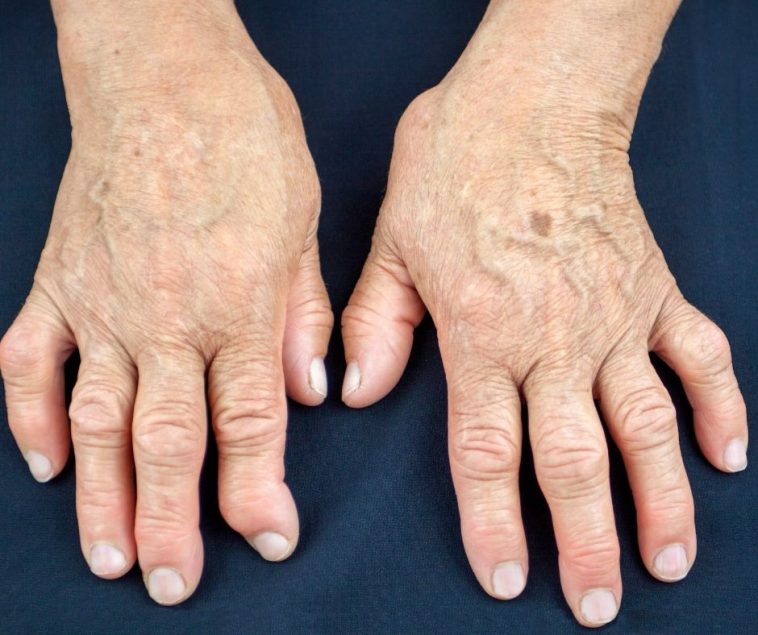Inflammatory illness of the joints and rheumatoid arthritis is a long-term problems for sufferers. As a result of joint stiffness and pain, patients may not be able to carry out their normal activities. Swelling of the joints, weariness, stiffness in the morning, and a decline in joint function are all common side effects. Many variables may contribute to the development and progression of Rheumatoid Arthritis (RA), but there appears to be no one cause of the disease.
The side effects of some of these medications can be severe. Over a dozen of these medications have been labelled with a warning that they can induce or aggravate congestive heart failure. Even if a medicine is not approved for the intended use, a black-box warning can be included on its label or in its prescribing information.
Rheumatoid arthritis can be managed with a variety of treatments.
One of the most common symptoms of rheumatoid arthritis is joint pain. Rheumatoid Arthritis (RA) develops when the immune system destroys healthy tissues and joints, which can run in some families.
Nonsteroidal anti-inflammatory medicines (NSAIDs) can treat various painful illnesses, including rheumatoid arthritis (NSAIDs). Also, when other therapies (such as a strong painkiller or an injection) are ineffective, they might be used to alleviate acute discomfort, such as during minor surgical procedures.
The long-term use of NSAIDs by people with rheumatoid arthritis should be avoided. It’s not clear if they can help with this issue. Nonsteroidal anti-inflammatory drugs (NSAIDs) solely address the symptoms of inflammation and discomfort. No, it is not cured.
The negative effects of these medications, however, might be very dangerous. These include stomach ulcers, bleeding, other digestive disorders, heartburn, kidney difficulties, high blood pressure, and heart attacks.
People with rheumatoid arthritis will benefit from new medicines being researched and developed. There are several non-pharmacological ways to manage the illness properly.
A treatment that works best for you in managing this common illness is essential. One strategy to control this disease is to adjust your lifestyle and exercise more frequently. Numerous treatment options are available for rheumatoid arthritis, including medicines and physical therapy. Medications can be administered orally or injected into the joints to reduce pain and inflammation.
Rheumatoid arthritis is a debilitating autoimmune illness that harms everyday life. Medications and lifestyle changes can be used to address this problem. However, you should consult with your physician to determine the most effective course of action.
Debilitating autoimmune disease, rheumatoid arthritis, affects daily life. A wide range of options is available to those suffering from this ailment, including prescription drugs and dietary adjustments. Our video is available for viewing on YouTube.
It is important to note that the pain associated with RA can be alleviated in many different ways. Inflammatory habits must be eliminated, and you must take a more active role in your lifestyle.
A healthy diet and an active lifestyle can aid in managing rheumatoid arthritis (RA). In addition to enhancing your well-being, adopting a healthy lifestyle will keep you safe from additional harm. The material in this article is meant to augment, not replace, the connection between a patient/site visitor and their health care provider. It would help if you visited a professional for medical or legal advice rather than utilize this site.
This text is only for educational purposes and should not be interpreted as professional advice. You should consult with a medical professional about this.




